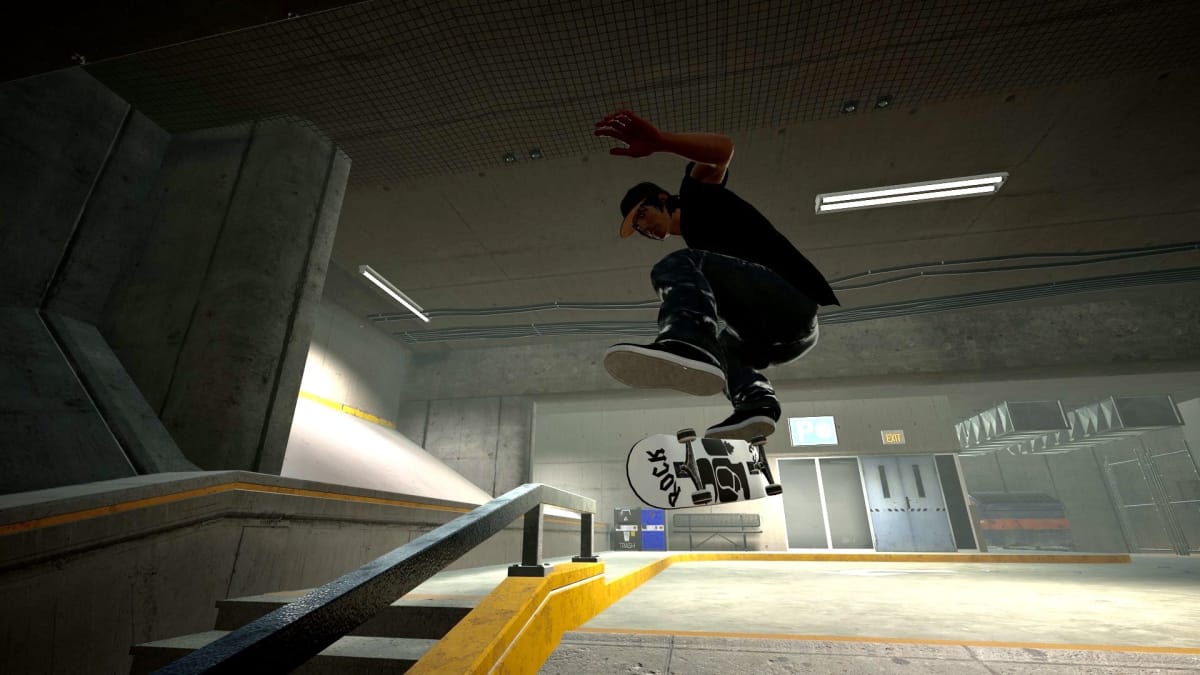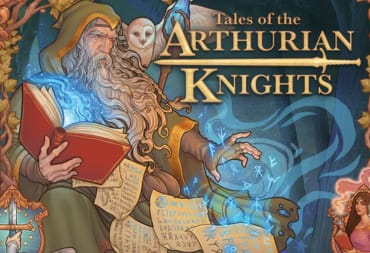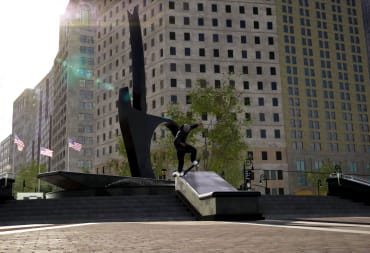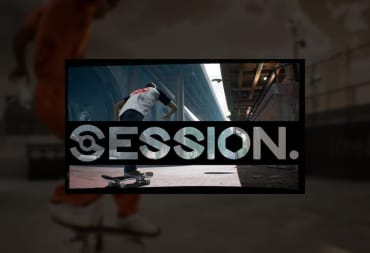The past year has seen a skateboarding game resurgence. Skater XL reached 1.0 status July 2020, the remakes of Tony Hawk's Pro Skater 1+2 launched two months later, and Session has been on Steam Early Access since September 2019 with the Xbox One port following nine months later. In the 11 years since Skate 3, the extreme sport has been relegated to side-scrolling indie games. OlliOlli deserves commendation for translating Skate's flickit system to another dimension. In using that foundation, its modern control sensibilities combined with old-school design derived from the era of arcade-perfect runs made for an addictive distraction. Distraction remains the key word as OlliOlli could never replace the proper skateboarding giants.
That's what makes Session special. It fills the hole left by Skate 3. Tony Hawk's Pro Skater 1+2 was a fine return to form, but in a post-Skate era, it's too abstract to capture the sport's essence. Tony Hawk would have been many people's first introduction to skating because of its popularity. Thrasher Presents Skate and Destroy attempted the simulation angle the same year Tony Hawk's Pro Skater debuted. While it didn't garner mainstream success, it was well-received, especially among skaters. Session keys off those fundamentals with every facet of its design centered around translating the sport as accurately as possible.
Individuality
Despite a rocky first few decades, skateboarding has endured thanks to its reliance on individuality. Every industry thrives off the back of innovators, but depending on which industry, that reappropriation of existing ideas is sometimes seen as a "dirty word." With skateboarding, though, there's rarely a sense of justice over who invented what among the innovators themselves. Whereas patents exist in other industries to stifle competition, skating has grown because growth can't happen without collaboration. The vert ollie eventually gave way to the flat-ground ollie, paving the groundwork for every flip trick. Kickflips couldn't have existed without ollies, and varial kickflips couldn't have existed without kickflips and shuvits, as simple examples.
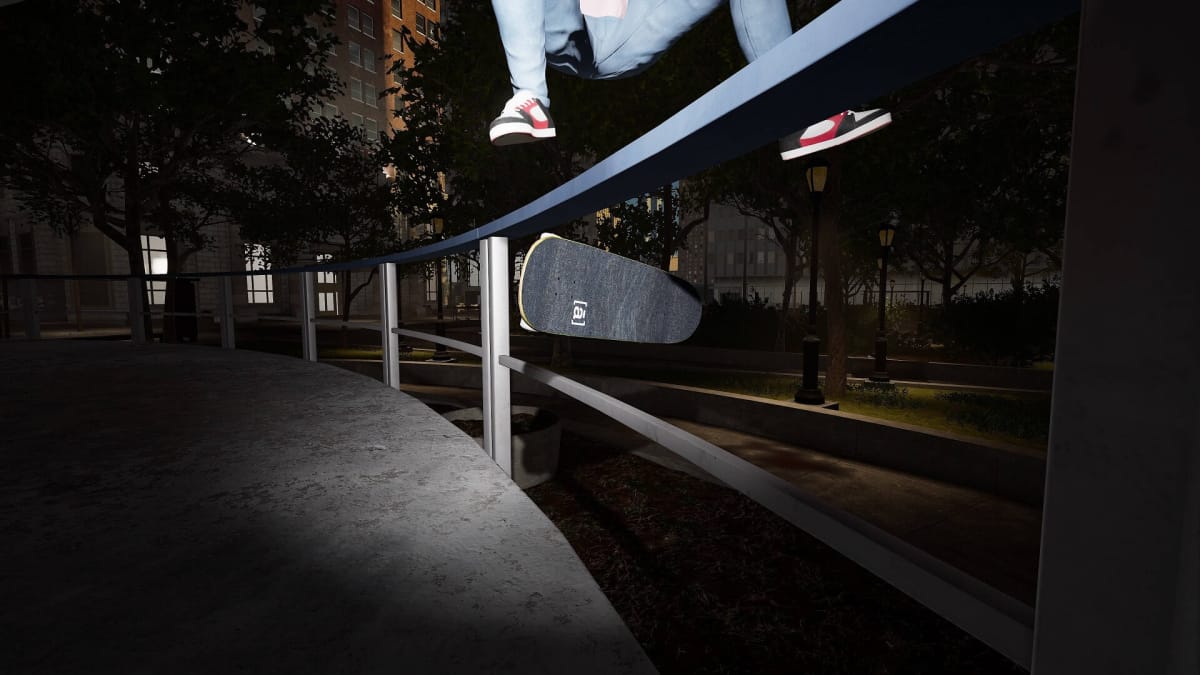
Rodney Mullen, credited for inventing hundreds of tricks and being named the godfather of modern street skating, has talked about how the sport's innovation is driven through this interpersonal relationship.
Crea-ture Studios has always kept this communal culture in mind with its January 0.0.0.7 update pushing further toward realizing this vision.
The Session Overhaul
In the long-standing debate between Session and Skater XL, one boon Easy Day Studios could claim was its games' physics based nature. Without pre-canned animations, the board never flips quite the same way. While not a true 1:1 representation as some claim, the core gameplay feels more responsive than Session.
Pre-update, many of Session's tricks and grinds took on a border-line robotic appearance as it was still utilizing placeholder animations. With 0.0.0.7, Crea-ture overhauled the physics, leading to a more enjoyable and expressive simulation. The previously vomit-inducing pop-shuvits look like pop-shuvits now. Nearly every trick has been transformed, appearing more natural, lending to a more responsive feedback system. Pre-overhaul, Session's skater would kneel over if they so much as love tapped a curb at 0.2 miles per hour. Moreover, every failed trick attempt automatically landed in a body slam. A new slam and bail system works in tandem with the physics to act as a natural extension of the sport.
Try to laser flip up a high curb and if the board taps that curb, instead of landing in a glitchy manner (glitched landings still occur, but less frequently) or faceplanting, the skater kicks the board off to the side and sprints forward. Grinds also receive a welcome change. Pre-overhaul Session grinds used a variant of the traditional automated grinds, though much less forgiving than Skate and Skater XL. Post-overhaul, grinds are entirely physics-based, meaning it's possible for a board to slip off if there isn't enough pinch or if the grind began too close to the tip of the board's nose or tail.
This does carry some ramifications, though. While prior glitches such as auto faceplanting on perfectly locked grinds have been fixed, a new bug emerges in the form of board and lip slides randomly stopping the board dead in its tracks. Generally speaking, though, failed grinds come more from the execution barrier rather than glitches. To further cement Session's commitment to realism, Crea-ture Studios implemented a new system whereby popping the board too close to the edge of a stair-set or ledge results in the skater kicking the board off to the side. As in real life, players must now account for that clearance.
Commitment to Simulation
The simulation doesn't end there. 0.0.0.7 went the extra mile by providing weight to every aspect of the skateboarding experience. Truck tightness, truck height, wheel sizes, and deck size and shape impact gameplay. A person with a 7.75-inch board and low, tight trucks is going to have a completely different experience than someone riding an 8.5-inch board with high, loose trucks. Add in the optional wheel bite and Session is a skateboarder's dream.
Update 0.0.0.7 is much more difficult than past iterations, but that difficulty brings an intense level of reward. Rather than resisting against undercooked mechanics and bugs, you're more than likely pushing against the game's core simulation, and it's that simulation that becomes integral to Session's longevity. Fighters and character action games are given long legs through deep mechanics as players experiment with their systems. A simple action game won't cultivate a community creating combo MADS for years after release. Session is the skateboarding equivalent to a DMC 5 or an ArcSystem fighter with near-infinite variables combined with high-level execution. Update 0.0.0.7's addition of dark slides along with primo and casper stances add to that ever-growing list of variables, opening the door to highly technical freestyle, which has previously been inaccessible in all but the later Tony Hawk games with their gargantuan move lists.
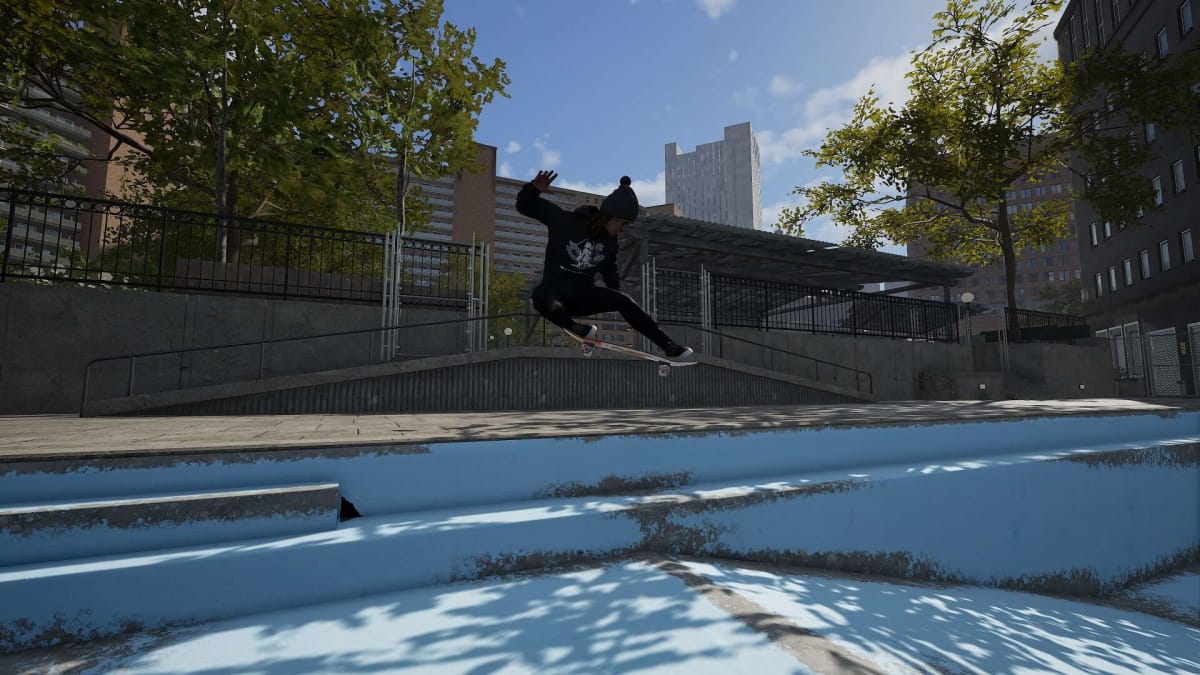
Expression Through Options
Session's expressiveness is bolstered through its customization options. Every real-life skater carries themselves differently. Nobody does a trick or tackles an obstacle the same way. Skaters communicate their personality through quirks such as how they catch tricks with their feet, how quickly they flip the board, the way they push, what sorts of tricks they default to, etc. This expressive nature is best communicated through modifiers, allowing players to personalize their experience. The overhaul brought a stats menu along with it, providing sliders for options such as:
- Gravity
- Push Force
- Max Push Speed
- Banking / Turn Rate
- Pop Board to Body Distance
- Low Pop Height
- High Pop Height
- Grinds Pop Height
- Manuals Pop Height
- Grinds Friction
- Darkslide Catch Angle
This truncated listed is already impressive in itself, but it comes in addition to pre-existing modifiers including but not limited to:
- Toggles for manually or automatically catching the board after flip tricks
- An option for the arc length required for 180 and 360 shuvits and flips
- Global and unique pop height options
- Global: Regardless of stance or trick type, players get the same pop height.
- Unique: Pop heights vary based on stance and trick.
- Switch tricks will generate lower pop than the skater's normal stance, for example.
- Two toggles for automating grinds in addition to the inputs needed to flip out of grinds
- How to dictate flip and scoop speed
- Auto: Session automatically decides a flip or scoop's speed
- Directional: Slow down the flip by flicking diagonally instead of hard left or right
- Input Speed: Control a flip's speed based on the speed of the stick's flick
This doesn't cover every minute detail, but you get the idea. Session's options are insane. Even in spite of being billed as a simulation with level design feeding into that, it has so many options to make it more hardcore than the default experience or more forgiving than even Skate. Crea-ture Studios isn't afraid of putting the choice in players' hands because they understand comfort is the core tenet that keeps people fed into skate culture. Skaters aren't going to jump straight to gapping 10-stair sets until they've eased their way through improving their ollies, controlling momentum, and practicing on smaller sets.
This mantra is carried through its accessibility options. I've seen a few people in the Session Facebook community group play on the Legacy option, which emulates Skate's single-stick controls, for months before moving onto the left and right feet represented by their respective analog sticks.
Even within the modifiers, there's related settings for an absurd level of fine-grain control. Truck tightness can be combined with the banking rate setting to further control the player's degree of movement. The stats menu's flip speed setting can be combined with the input speed option to fully control how the board flips. Session's commitment to player expression is unprecedented.
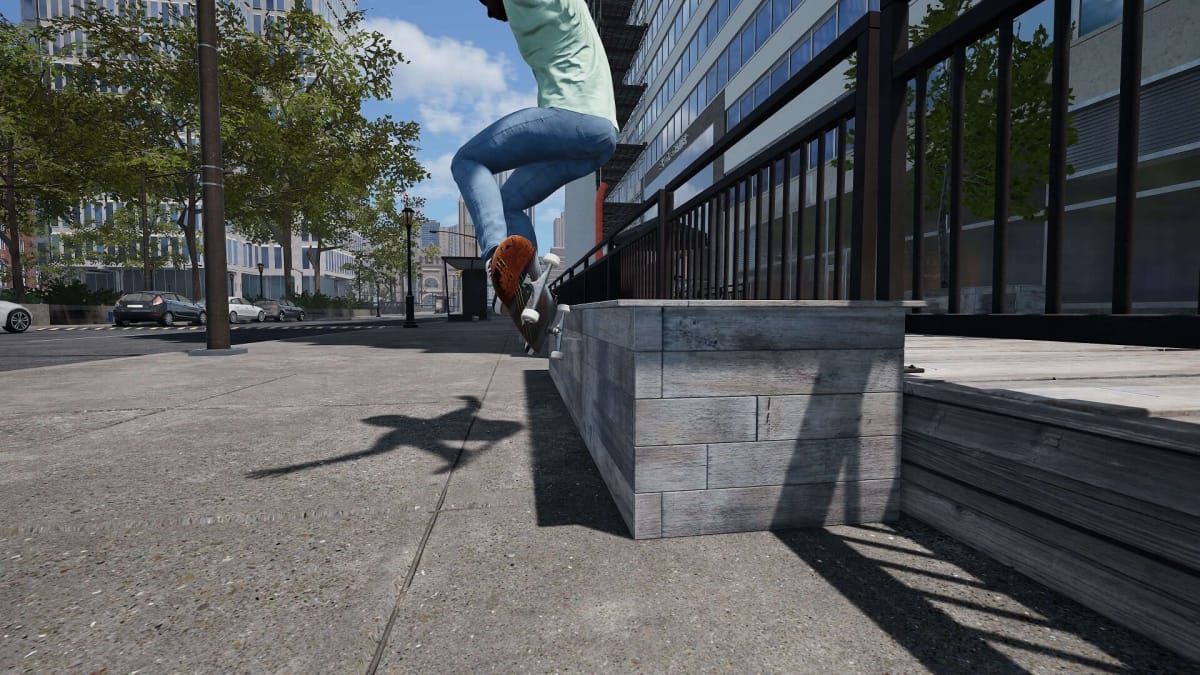
What About Skater XL
Session may be the innovator with its Kickstarter launching November 2017 and playable builds for people outside the studio as early as early as October 2017, if not sooner. Skater XL didn't show onto the scene until a year later, with a clear push to rush itself out the door before Session to steal some of its audience. This much is obvious by its anemic 1.0 launch and paltry post-launch support, which amounted to integrating the mod.io browser in-game to all platforms. All Easy Day Studios did in those five months was allow mods on consoles, whereas Crea-ture worked around the clock after its Xbox port to overhaul the entire game.
Make no mistake; Skater XL's core gameplay is incredibly responsive, but there's more to game design than just the core mechanics. Without a game to support those mechanics, that core can't be sustained. This is the pitfall Skater XL finds itself in, incapable of bridging the gap between its mechanics, game design, and community. Crea-ture understands its community more than its competition with better communication across its socials and feedback from fans taken into account.
Session's gameplay modifying options should be the standard for future skateboarding simulators as that flexibility affords so much nuance in the way players express themselves, in turn keeping the game relevant even without content or gameplay updates. Skater XL's XXL mod, its analogue to Session's new stats menu, is just that: a mod. Personalizing one's own skateboarding experience is so integral to these games that jboogie, a popular Skater XL modder, started a petition to get the stats menu, among other mods, to the game as standard across all platforms.
The petition is especially noteworthy because of how many PC Skater XL players stand by this movement. Even Milky and Garret Ginner, two of the more notable Skater XL content creators, uploaded videos denouncing Easy Day Studios for not including stats on consoles. This rallying for users of other platforms in a normally vitriolic industry signifies how important community is to the culture these games are drawing from. Skater XL has potential, but Session realizes that potential much more effectively with its laser-focused approach to personalization as standard game options/features.
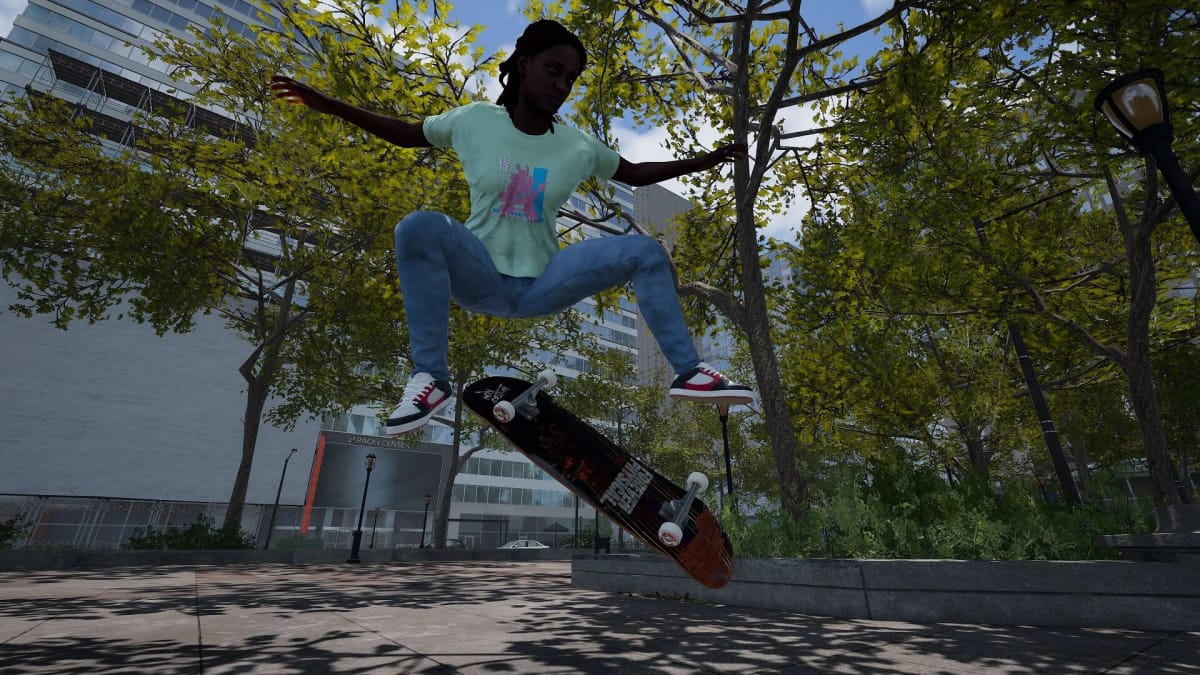
A Positive Road for Session
Pushing far beyond simulation, Session is a celebration of skateboarding from its hardcore mechanics and variables to its generous customization. With tons of polish and systems yet to be implemented such as transition skating and an overhauled video editor, it is a fraction of what it will be a year from now. Despite this, it lays claim as the sport's most accurate and respectful representation. Session is the perfect game to vibe to.
Have a tip, or want to point out something we missed? Leave a Comment or e-mail us at tips@techraptor.net
